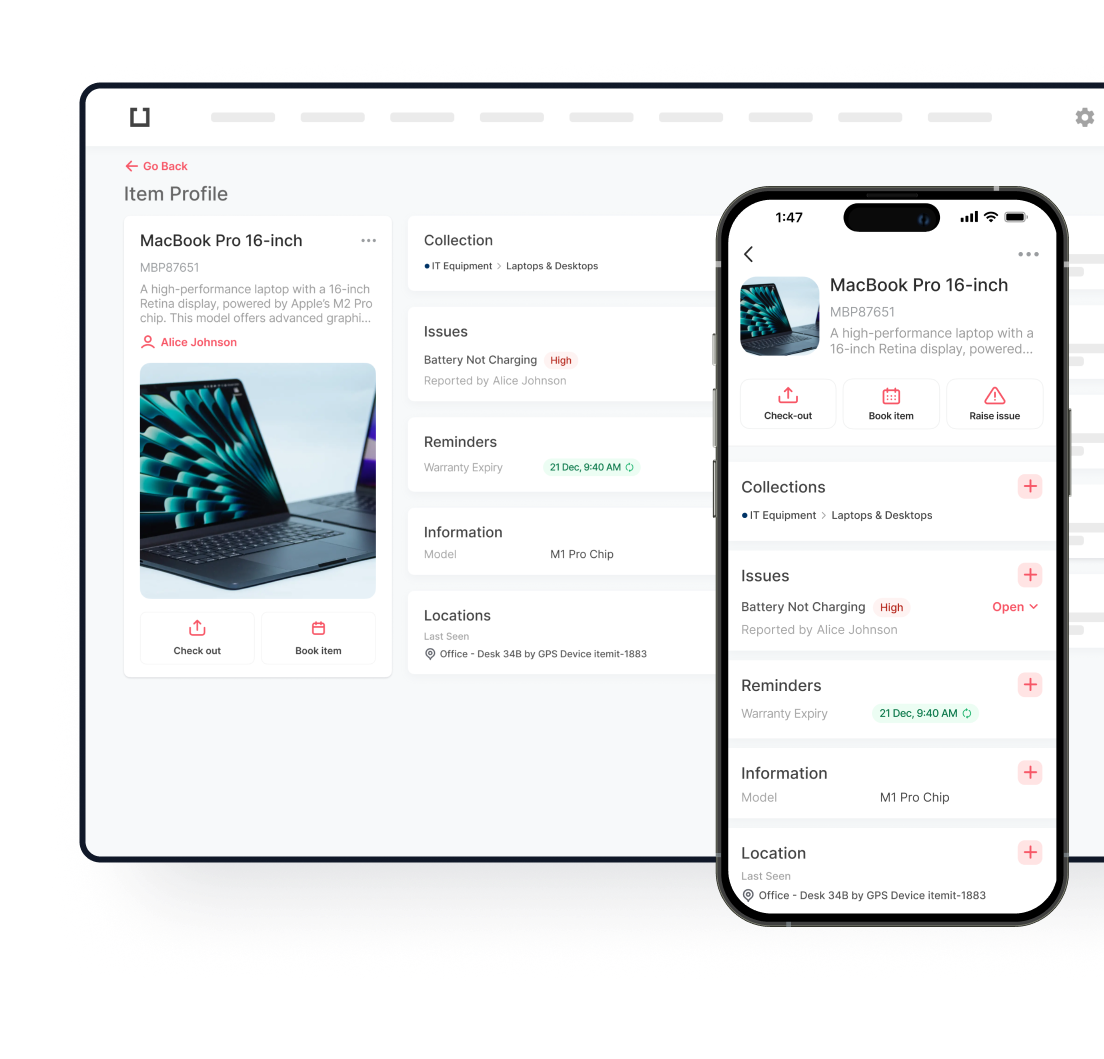The world is now becoming aware of RFID and all of its abilities. You’ve no doubt seen RFID tags in restaurants and maybe even on your television screen. However, you may not know how RFID tracking can be used in your business.
Don’t worry, you’ll be surprised at how easy it is to use RFID tags in your place of work. This expert guide will teach you all that you need to know.
What Is RFID Tracking?
RFID tracking involves using Radio Frequency Identification to help you track your assets. Every RFID tag is linked to a tracking tool that allows you to ultimately track assets. You can track the asset that each tag is attached to. In fact, you can track more than each asset’s location.
Depending on the RFID tracking tool that you use, it’s possible for you to track a lot of details about your assets. You can track each asset’s usage, maintenance record, and so much more. This potentially makes using tags such as this even more beneficial than you may have thought. They can open up a world of possibilities for you and your place of work. This is absolutely no exaggeration as you’ll probably find out should you sign up for RFID tracking.
Who Already Uses RFID Technology?
Around since the 1970s in various shapes and forms, RFID tags are now easier and cheaper to manufacture than ever before. Livestock and rail coaches were used with RFID tags tracking them in recent years. These days, however, we tend to use tags for more than just tracking livestock, etc.
It’s thought that one day tags may be used in everyday locations such as supermarkets, allowing the tracking of trolleys. Should a trolley go past a specific point outside, the trolley could become unusable. For now, however, a modern RFID tracking tool is ideal for tracking assets.
It does not matter where you work or even how many team members you have, RFID could be ideal. As long as you have at least a few assets, you can make use of tags and all that they have to offer.
How RFID Tracking Works
When you attach a tag to an asset and scan the tag you open up a digital profile. This profile can be filled up with a lot of information.
When you use a reader to scan your assets it picks up the radio waves that are sent out by the tag in question. As long as you use a reliable RFID tracking tool you can use it to scan any asset that has a tag.
Did you know that you can also log into the tracking tool and see where your assets are? You can see who is using your assets, what condition they’re in, and even what data they have created. Whenever you use an asset it creates data. This data is stored on the reader and it can be extracted and read in a PDF format.
The Benefits Associated With Using RFID Technology
There are many benefits associated with using this technology. However, they’re not immediately obvious to those who aren’t familiar with RFID. Some of the best benefits are:
A reduced incidence of theft – When all of your assets are tracked, they’re a lot less likely to go missing. This is ultimately because your team members will know that everything is tracked. When assets are tracked they’re also less likely to go missing. If they do, you could track their location and retrieve them easily.
Increase lifespan – A lot of businesses now use an RFID tracking tool to increase the lifespan of their assets. You could set up a maintenance schedule for every asset. You’ll receive an alert on the selected date and your maintenance team can examine the asset. When assets are looked over regularly they are going to last longer. This means you could save money and that’s always a good thing.
Understand your business better – Earlier in this article, we saw that you could export the data your assets have created. This data could prove to be extremely useful. You could use it to understand your business on a whole new level. You could see how your assets are used, whether they’re reliable, who uses them, and so much more. Let’s imagine you hire out equipment. Some of your equipment may be in high demand, however, without the software you may not know what’s what. When you have a better insight into your business you are more likely to see it grow.
As you can see, using RFID technology can allow you to have full control over your assets. It’s a form of technology that’s becoming increasingly popular in the workplace and it’s easy to see why. Now it’s your turn to make the most of all that it has to offer.
Wish to speak with an expert about using an RFID tracking tool? Contact us now at team@itemit.com.

Try itemit
Choose a better way to track your assets. Start your free 14-day trial now!

Keep Learning
itemit Blog
Tips, guides, industry best practices, and news.
Benefits of Vendor Managed Inventory for Your Business
Learn how Vendor Managed Inventory (VMI) can streamline your supply chain. Explore the key benefits and how it helps optimize inventory management.
The Key to Asset Reliability: Preventive Maintenance and Real-Time Tracking
Enhance asset reliability with preventive maintenance and real-time tracking. Reduce downtime, improve efficiency, and extend asset lifespan with smart strategies.
Optimising Asset Performance Management: Strategies for Maximum Efficiency
Explore practical strategies to optimise asset performance management, maximise efficiency, and enhance productivity with predictive and real-time monitoring tools.



